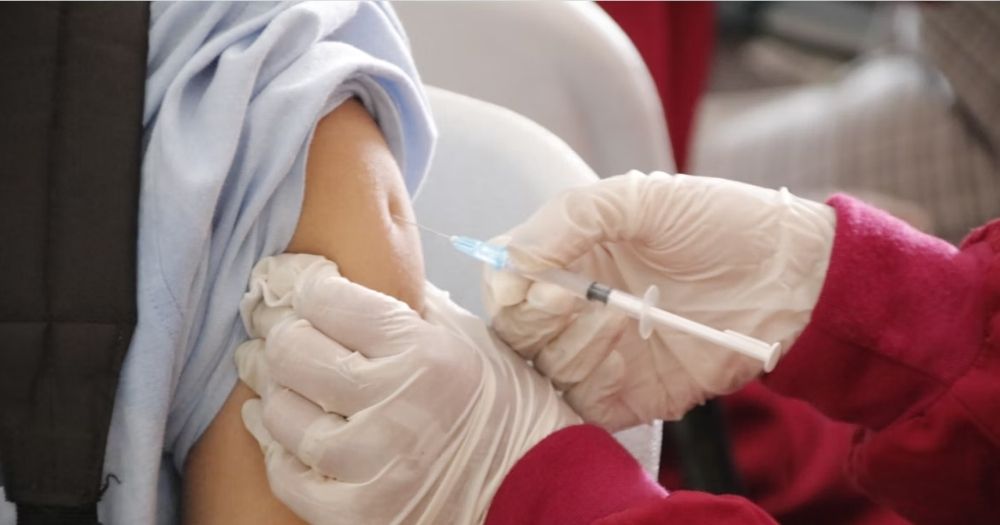In August, a vaccination programme for people at risk of gonorrhoea infection will begin in Northern Ireland. The programme will be available through GUM clinics within the regional Health and Social Trusts, and eligible individuals are being asked to make an appointment now, including gay, bisexual and other men who have sex with men (gbMSM).
The vaccine, offered in two doses, is traditionally used for meningococcal B disease; however, research shows it can also protect against gonorrhoea by 30 to 40%. The vaccine has also been shown to target antibiotic-resistant strains of the STI.
According to the Public Health Agency, gonorrhoea infections reached their highest levels in 2022, with 1,606 infections, and continued into 2023. This was 2.5 times higher than the previous year, according to the BBC.
Infections have decreased slightly since 2022, with data showing a total of 1,208 infections in 2024. Still, gonorrhoea occurs in eight out of 10 men, according to Racheal Spiers, Immunisation and Vaccination Program manager at PHA.
Spiers urged those eligible for the program to make appointments sooner rather than later, according to the Derry Journal. Those eligible for the programme include gbMSM who have a recent history of multiple partners, or have recently been diagnosed with an STI.
Gonorrhoea is a sexually transmitted infection that can be spread through unprotected vaginal, anal, or oral sex with a partner who has the infection. People with gonorrhoea can present with or without symptoms.
Symptoms in men include a burning sensation when urinating, white, yellow, or green discharge from the penis, and painful or swollen testicles. Rectal infections can include symptoms such as discharge, itching sensations, soreness, bleeding, and painful bowel movements.
Women with gonorrhoea can have symptoms such as a painful burning sensation when urinating, increased vaginal discharge and vaginal bleeding between periods. Pregnant people with gonorrhoea can pass the infection down to their children during birth, with a risk of causing the child to become blind.
An untreated gonorrhoea infection can lead to pelvic inflammatory disease in women and potentially infertility in men. Gonorrhoea can also spread to your blood and joints and become life-threatening when left untreated.
While there are treatments for gonorrhea, there have been strains that have been resistant to these treatments. Still, the PHA and Joint Committee on Vaccination and Immunisation hope that this program will help decrease the number of gonorrhoea infections. If you’re a member of the at-risk community and based in Northern Ireland, make an appointment here.
© 2025 GCN (Gay Community News). All rights reserved.
Support GCN
GCN is a free, vital resource for Ireland’s LGBTQ+ community since 1988.
GCN is a trading name of National LGBT Federation CLG, a registered charity - Charity Number: 20034580.
GCN relies on the generous support of the community and allies to sustain the crucial work that we do. Producing GCN is costly, and, in an industry which has been hugely impacted by rising costs, we need your support to help sustain and grow this vital resource.
Supporting GCN for as little as €1.99 per month will help us continue our work as Ireland’s free, independent LGBTQ+ media.
